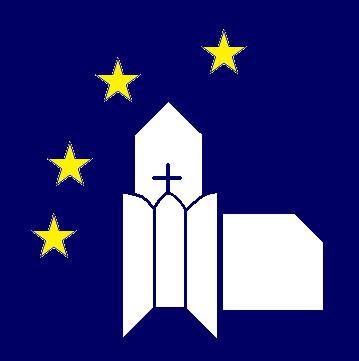Starting with the economic crisis of 2007, we have progressed to a political, cultural and strategic crisis which affects the whole european model. In this situation, many analysts consider that the current economic crisis is deeper than that of 1929 and quite a number think that there is a beginning of a repeat of the phenomena that europeans of the thirties lived.
For this reason, I have divided this talk into two parts. In the first, I want to show a historical sequence that allows us to analyse the phases of what has happened in Europe and, in the second, I want to discuss the questions facing the signs of identity of the european model in the future.
FIRST PART
1. The Europe of the Thirties and the century of the extremes. The integral politization of existence and the dynamics of friend-enemy. The crisis of liberal democracy. Fascism & Communism.
2. The thirty glorious years; the golden age. Economic growth and full employment; a mixed economy; strong trade unions; redistribution of wealth; taxation and Welfare State. Depolitization-deideologisation-technocracy. The era of consumption by the masses.
3. The crisis of 68 and the fall of Communism. The impact of neoliberalism. The coincidence of neoliberalism-neoconservatism-neoimperialism. The change of the social structure: the society of Two Thirds.
4. Years of waiting: 1901/2001. The failed options: Gorbachov's Perestroika; the euroleft; the appearance of the third way.
5. The new century: 11th September 2001. The new NATO and the war against terrorism. The division between Europe & the USA. Europe a continent of pacifists?
SECOND PART
Following the economic crisis, questions start to appear:
1. A political Europe? More Europe? Globalization and identity problems. Nation-State: Nation without State; supranational organization.
2. A social Europe? Crisis of the european social model. Appearance of structural unemployment; deregulation of labour relations; loss of social rights; privatisation of services. Everything that was safe fades away.
3. A secular Europe? The christian roots of Europe: the role of memory. A multicultural society? An inclusive secularism? Crisis of the republican model and of the multicultural model; proposal for an intercultural citizenship?
4. Europe, a subject of international politics? Great Britain and the transatlantic link. Appearance of eurosceptism. A european Germany or a germanic Europe?
The big question: Can the european project be reborn? Are we doomed to the loss of democracy, social rights, sovereignty and the increase of racism, xenophobia and chauvinist nationalism? How will institutional politics evolve? How will new forms of social protest be developed?
